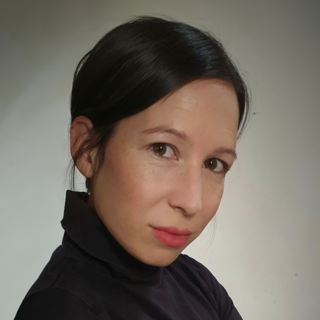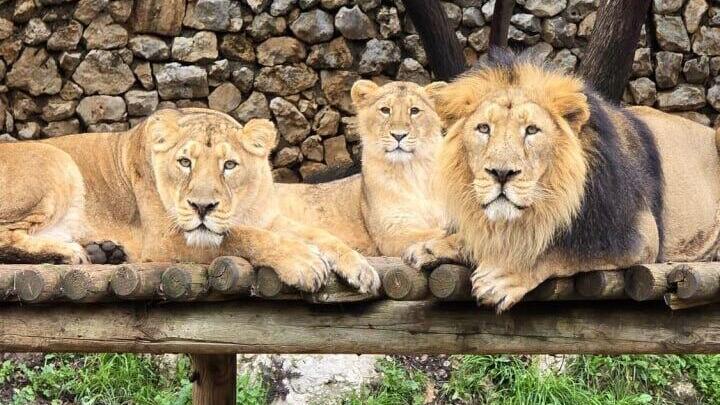Kiara, a 2.5-year-old Asiatic lioness born in Jerusalem’s Biblical Zoo, was transferred to Germany's Osnabrück Zoo on Tuesday, where she will join a young male lion, Kubo, as part of a breeding program aimed at preserving the species. The pairing was recommended by the Asiatic lion coordinator of the European Association of Zoos and Aquaria (EAZA), of which Israel's Biblical Zoo is a member.
Until about 800 years ago, Asiatic lions roamed the land and even became an official symbol, appearing on the emblems of Jerusalem. Today, the species is critically endangered, with only an estimated 400 remaining in the wild. Their low numbers make it difficult to maintain a stable, genetically healthy population, making international zoo collaborations crucial for their conservation.
Recognizable by their manes extending to the middle of their bellies, Asiatic lions face genetic challenges. Kiara’s mother, 12-year-old Aisha, came from a German zoo, while her father, 14-year-old Gir, arrived from a Swedish zoo — both part of a global effort to sustain the species.
Get the Ynetnews app on your smartphone: Google Play: https://bit.ly/4eJ37pE | Apple App Store: https://bit.ly/3ZL7iNv
Some Asiatic lion cubs suffer from developmental issues that narrow the spinal canal, leading to neurological conditions that cause difficulty walking. The Biblical Zoo has partnered with the Hebrew University, where Prof. Merav Shamir, a neurology expert at the veterinary school, is studying the issue.
Dr. Nili Avni Magen, the zoo’s chief veterinarian, explained, "Because the species is so rare in the wild, only a small percentage of cubs survive in captivity. We started with a limited breeding pool, so genetic issues are a significant concern.
"Prof. Shamir noted that this problem is also seen in domestic cats. We lost two cubs at the start of the COVID-19 pandemic, Jaya and Sitara. At first, we were thrilled, but Sitara didn’t survive and another cub developed medical complications. We're keeping our fingers crossed for another successful pregnancy."




